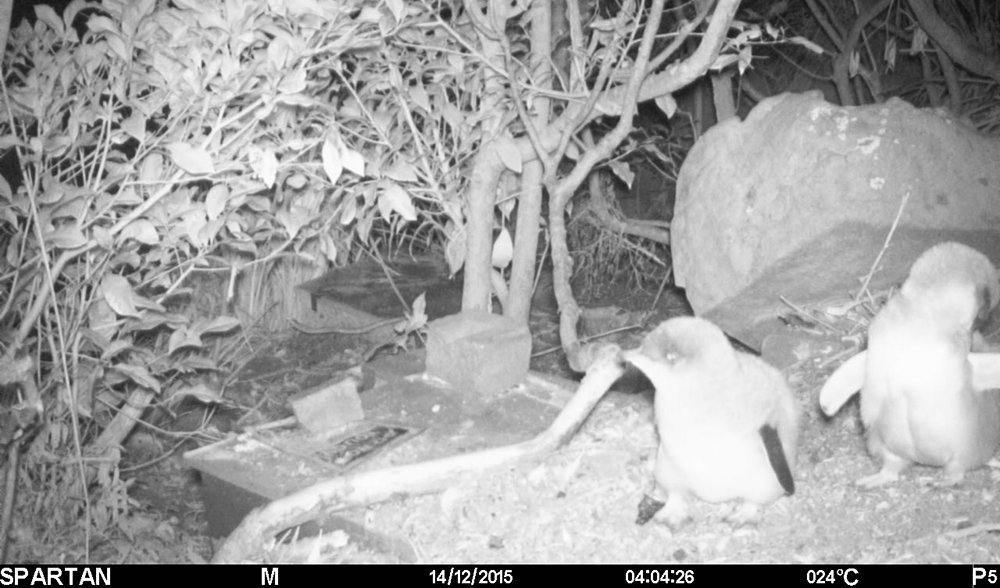Community stands guard over fairy penguins

OVER TWO WEEKS in June, a lone fox killed 27 little penguins at beaches around Manly in northern Sydney, repeatedly evading a small army of workers determined to capture it.
The attacks occurred at the start of the endangered colony’s breeding season, and though the fox was eventually caught, its presence sparked renewed efforts to protect the colony.
The Manly little penguins (Eudyptula minor), also known as fairy penguins, make up the only mainland breeding population of little penguins in NSW, and their vulnerability has attracted the local community’s attention.
Since the June attacks, a group of dedicated volunteers called Penguin Wardens have maintained a nightly vigil over the penguins’ three main breeding sites around the North Head region, as well as the population under Manly Wharf.
“Every evening and morning they’ve been out there with the National Parks staff and what they’ve done is essentially deter any foxes from attacking the penguins at their most vulnerable times,” says Peter Hay, the National Parks and Wildlife Service regional manager.

Infrared images of little penguin chicks taken in the early hours yesterday morning. (Image: Office of Environment and Heritage).
A WIDE RANGE of deterrent and detection techniques are being used to prevent further attacks on the colony, including thermal-imaging cameras, radios, fox deterrent lights and tracking.
One fox has been sighted in the area since June, but no other attacks have occurred, and according to Peter, the population has recovered well.
“What we’ve done in collaboration is to raise that colony within a 20-year-period from around 35 individuals to around 180,” he says.
This year, about 80 breeding pairs have been recorded, and with some penguins already sitting on their second clutch for the year, things are looking up for the urban colony.
RELATED CONTENT:




